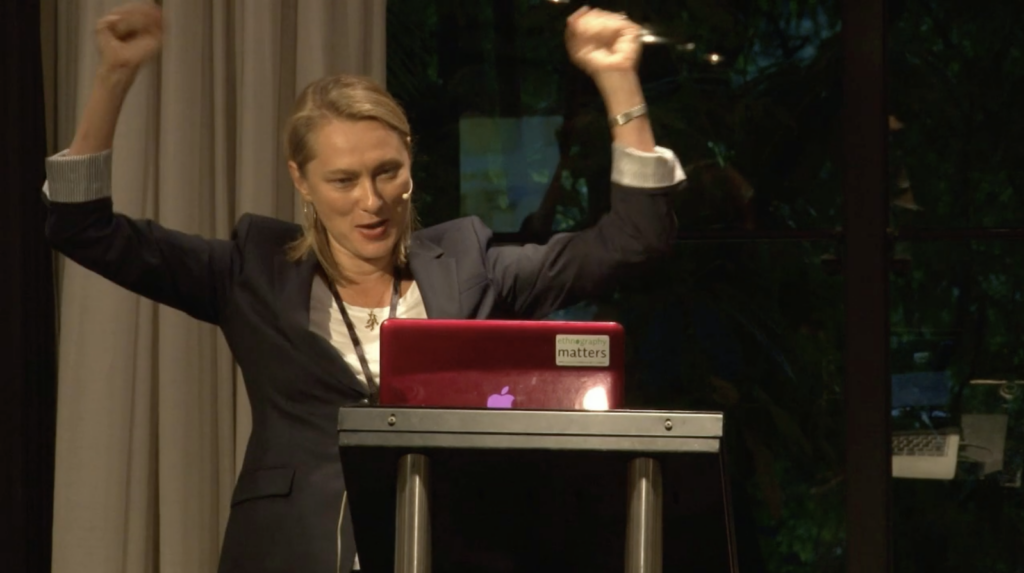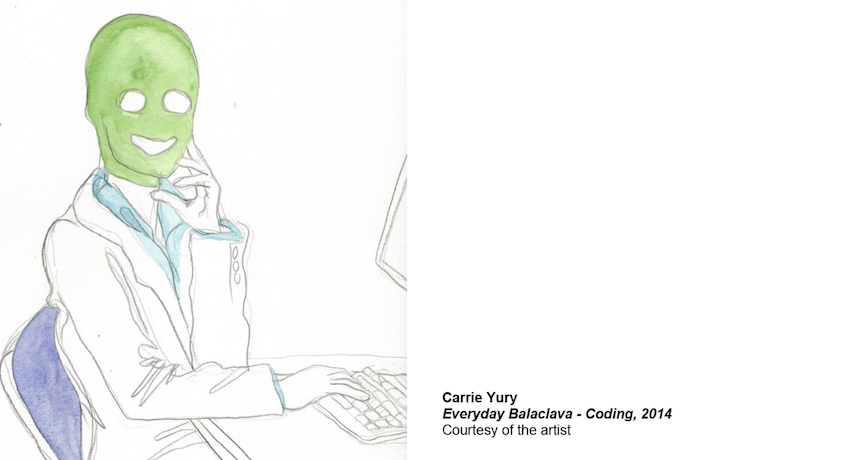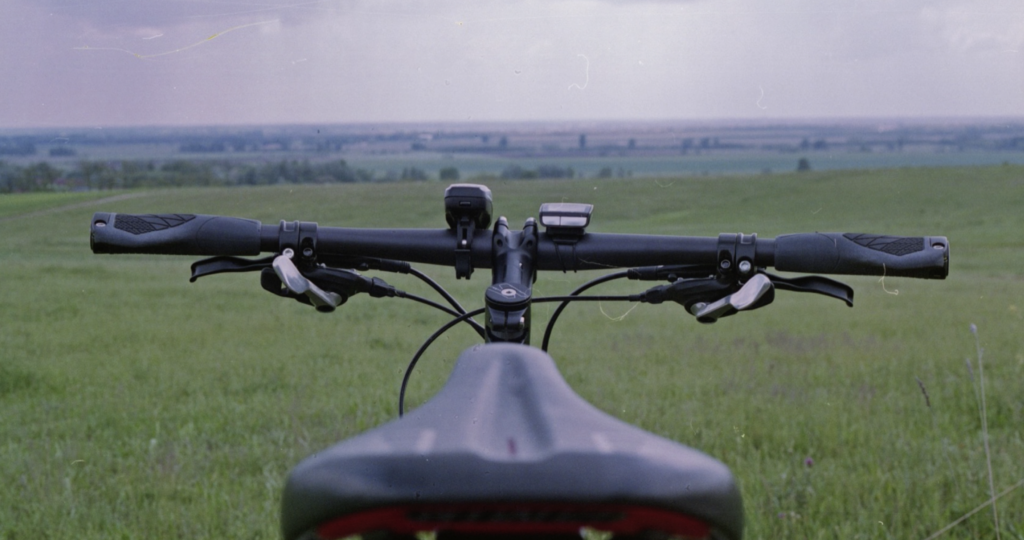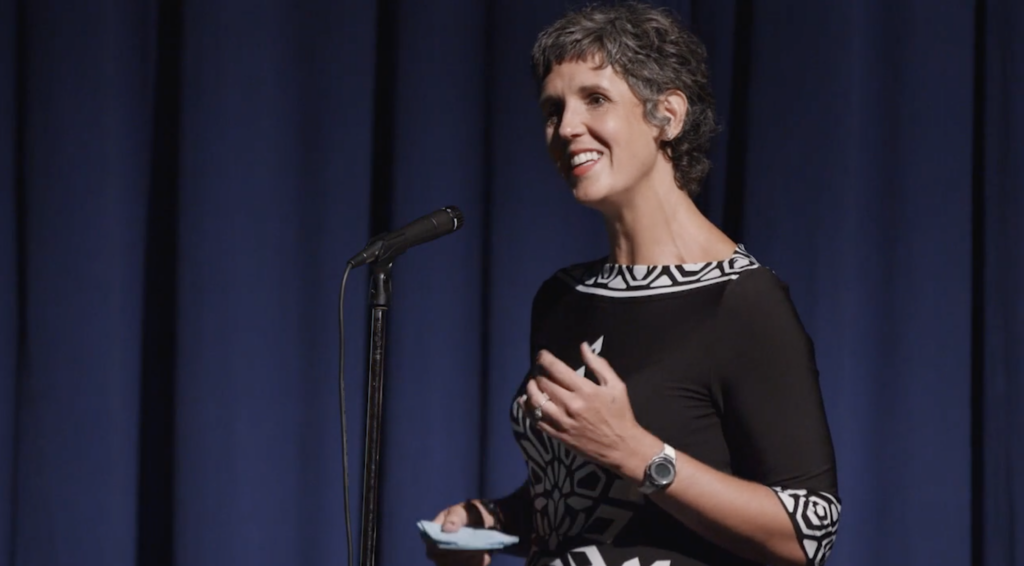If you have never been to an EPIC conference and you are considering submitting PechaKucha proposal this year, welcome! This article is for you.
EPIC people love PechaKucha. What the heck is it and why should you take on the challenge for EPIC2017? Powered by PechaKucha is a wonderful format for a conference presentation. Weighing in at only 6 minutes and 40 seconds, it is, in my opinion, the most compact, impactful, and fun presentation format available to EPIC-goers.
Pecha Kucha is a very specific form—a visual presentation that is given at a staccato pace of one slide every 20 seconds. Merciless to the unprepared, it can be transformational in the right hands. Consider these 5 things that great EPIC PechaKuchas have in common.
Great Visuals
It may seem obvious, but in case it’s not, let me underscore here how critical visuals are for a PechaKucha. They aren’t simply illustrations. They’re a point of view. You must be absolutely intentional in your choice of visuals. When you perform a PechaKucha, you are telling a story with words and pictures at the same time. Those two stories do not have to be the same story; they can be deliberately orthogonal, they can run at cross purposes. For example, an image can elicit laughter during a tough moment of your argument; personify an abstraction; convey a state of mind; evoke a place or a smell. Whatever. It’s up to you. You have SO much power up there: you have 20 images. So curate them carefully. And whatever you do, don’t leave your visuals to an afterthought. They should be an integral, essential part of your story.
Personal Perspective
The very best EPIC PechaKuchas are those that take on what it means to be an ethnographer. This can mean a variety of things; sometimes it means that they have very little to do with actual work, but instead share a personal perspective about the ways we encounter, interpret, move through, or see the world. I’m not going to lie: talking about the way you experience the world in front of an audience of several hundred colleagues can be uncomfortable. You will, no doubt, feel vulnerable doing this. You might even make other people in the audience feel this way. But discomfort, as some PechaKucha presenters have beautifully argued, is productive. To my mind, discomfort is success.
Provocation
Whether you are provoking debate or deep thinking, a PechaKucha is a great forum to pose questions. Unlike papers, you don’t have to prove a point based on ponderous data or research. You can speculate in a PechaKucha. You’re encouraged to hypothesize, to muse, or to ponder—to examine the unexpected. Make the most of it. You don’t get very many chances to ask powerful questions without knowing the answer.
Compelling Performance
One thing that many people fail to understand is that when you give a PechaKucha it isn’t like giving a paper. Standing up and delivering personal, provocative musings in a highly visual, specifically timed format is not a presentation, it is a performance! And unless you are Meryl Streep, you need to practice. (Meryl if you are reading this, we encourage you to submit a Pecha Kucha—here is the link). So don’t take this the wrong way, but for your PechaKucha to be good, you have to do what any performer does: you must practice, you must rehearse for hours until that 6 minutes and 40 seconds of precision comes off as being effortless.
Magic
Yes, I’m getting sentimental and ponderous. But stay with me; if you succeed at curating great visuals that tell their own story, at exposing your personal perspective, and are heartfelt, lyrical, and poetic, you will be presenting something magical. And that, to my mind, is the best argument for taking the time to create an EPIC PechaKucha—because you get to make magic. pechakucha@epicpeople.org

Thanks to Arvind Venkataramani, Nora Morales, Elizabeth Anderson-Kempe, Melissa Cefkin, and Susanne Thomas (albeit unbeknownst to her) for their advice on what makes a great EPIC PechaKucha.
Carrie Yury is VP of Experience Research and Strategy at innovation agency BeyondCurious, where she uses a variety of quantitative and contextual, qualitative research methods to build experience strategies, guide user experience, and inform product design. She delivered PechaKucha presentations at EPIC2015 and EPIC2016, and serves on the EPIC2017 PechaKucha committee.
Related
Light Dancing with Ideas: A Joyful Manifesto for Creating EPIC PechaKuchas, Arvind Venkataramani
Working For It: Feminist Art and Ethnography, Carrie Yury
Collateral Revelation, Paul Ratliff





0 Comments